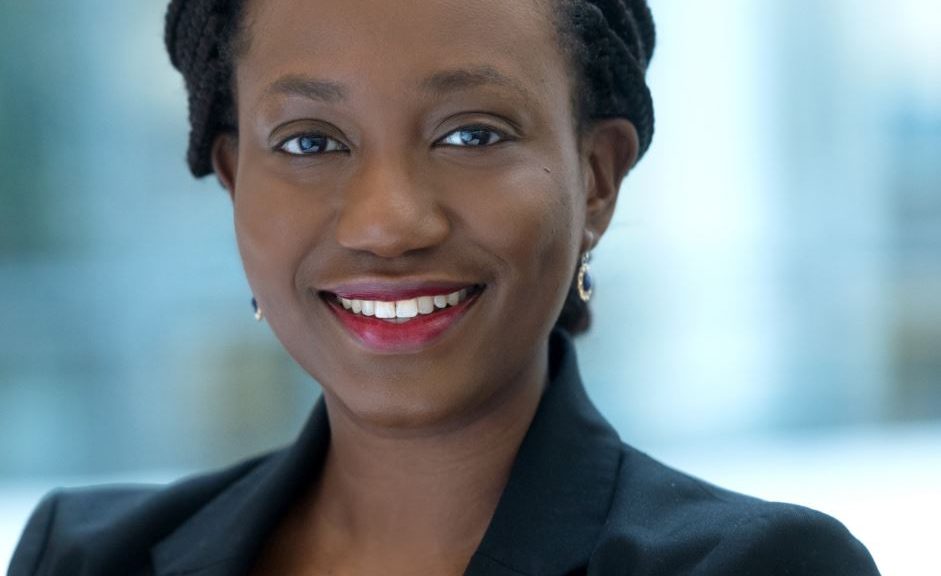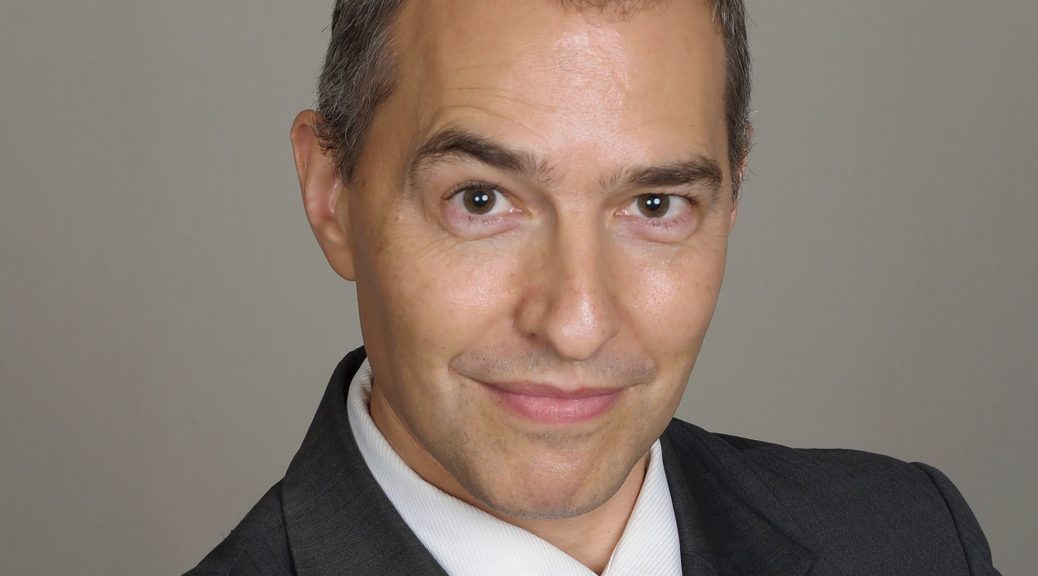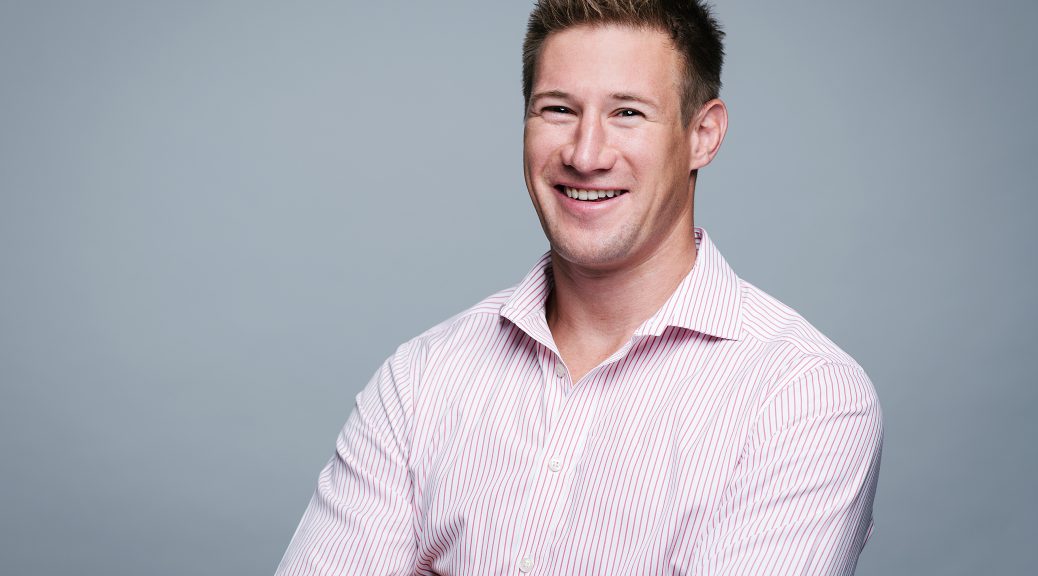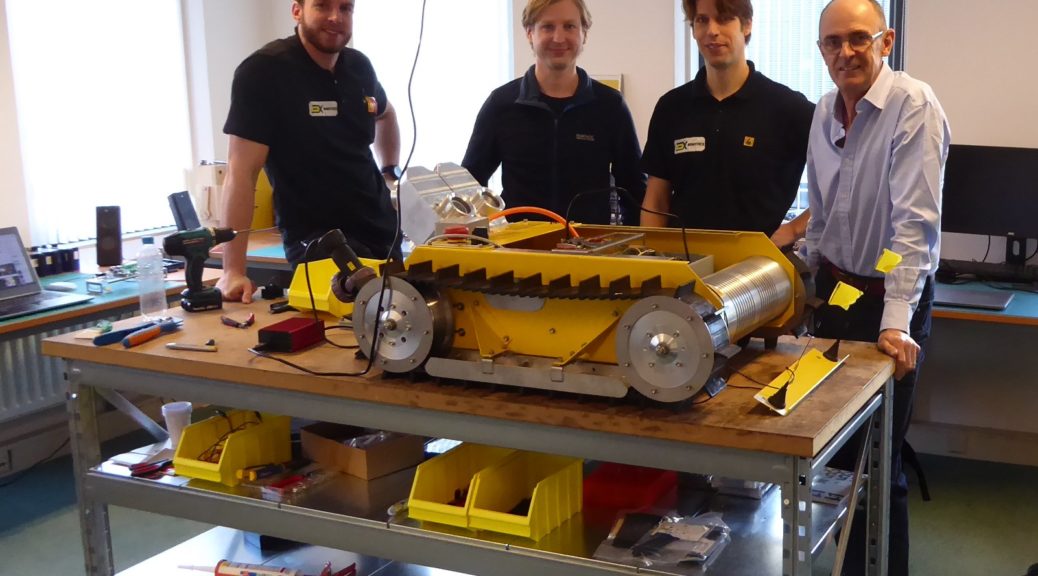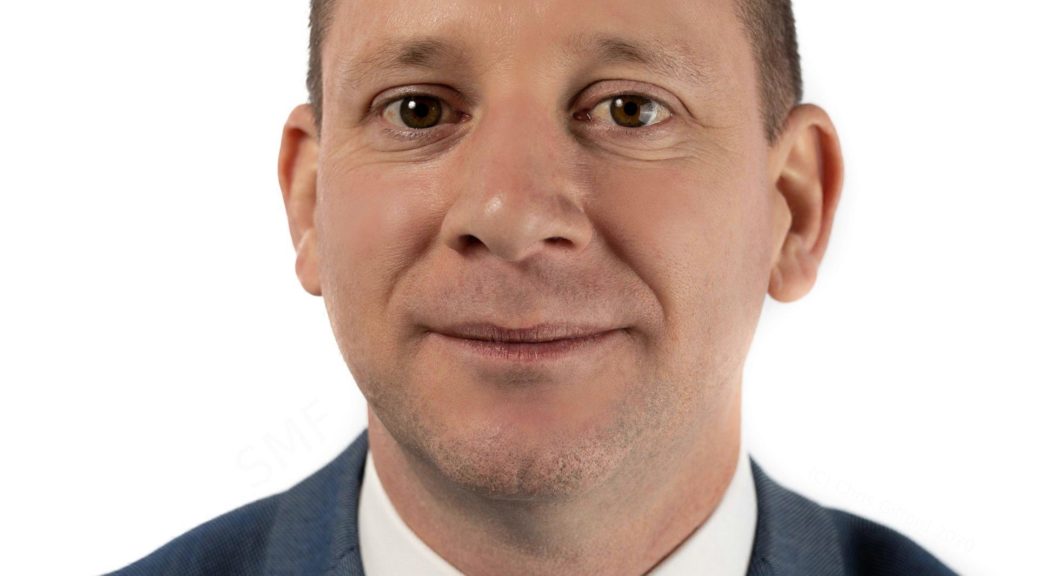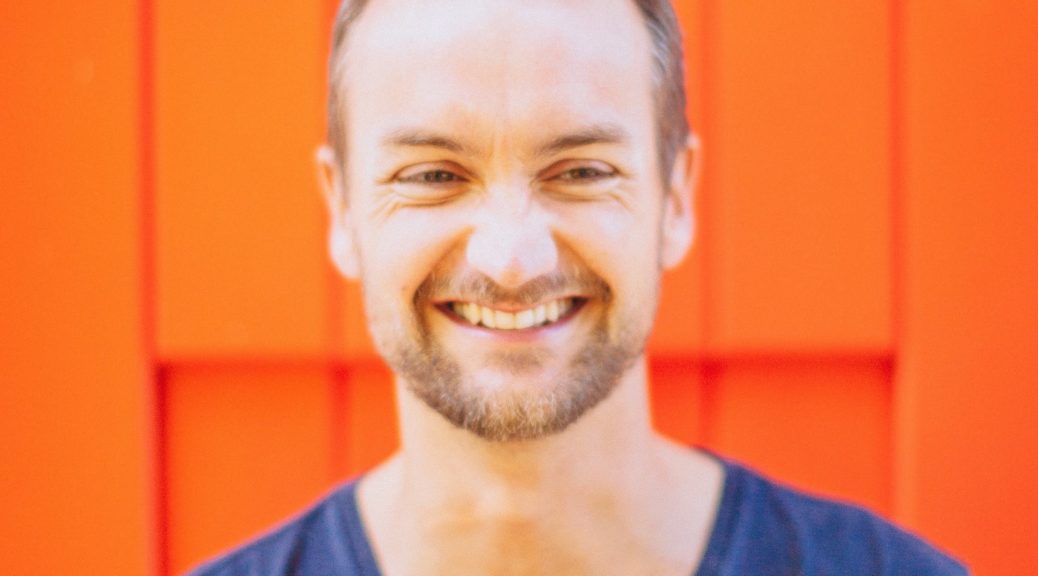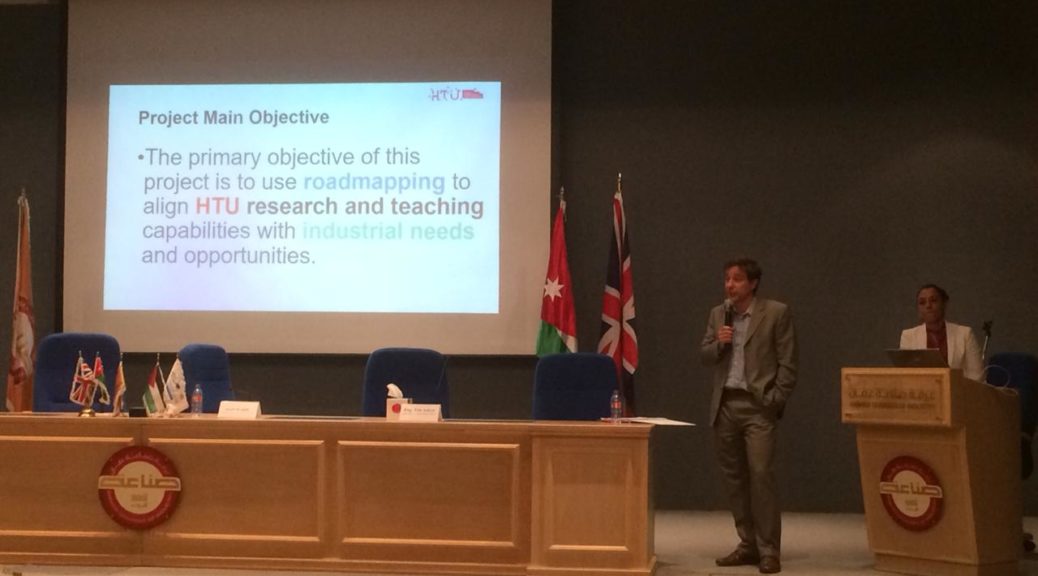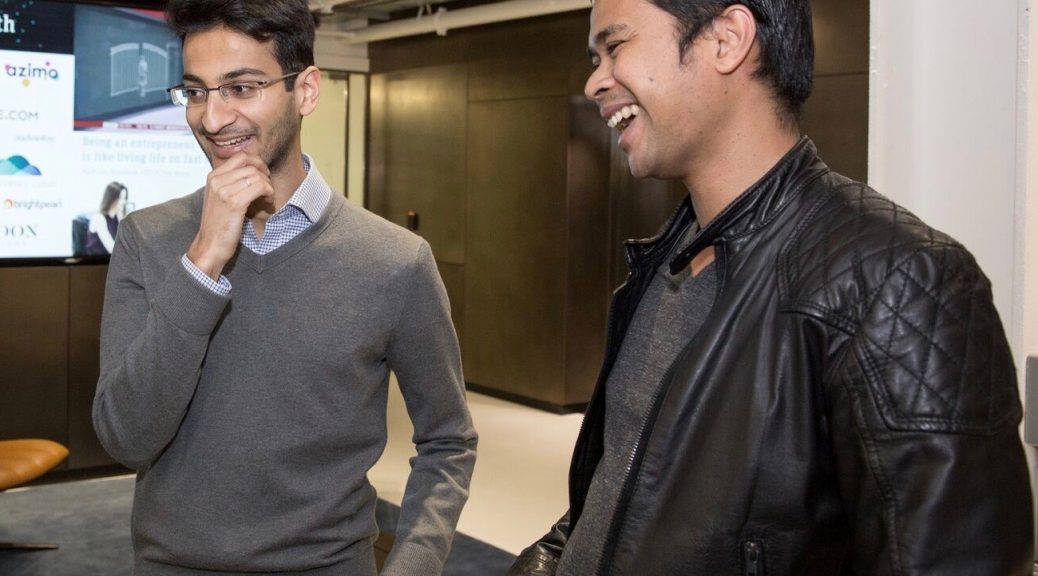
SMF Busola Banjo was born with an intensely curious mind. At a young age, while her peers were playing with their toys, Busola would take hers apart piece by piece – much to her mother’s dismay – only to reassemble them. It’s as if her path to becoming an engineer was being written from that tender age, even though she says her passion for engineering was not instant.
At school Busola’s gift for mathematics and science related subjects was recognised early. She said, “In Nigeria, schoolgirls are actively encouraged to take an interest in engineering. If you’re good at maths and science subjects you are nudged towards engineering regardless of gender. Engineering was presented to me as an option more than other subjects because of my educational ability. I didn’t fall in love with it right away, but I certainly grew into the role. So much so that I went on to study Electrical and Electronic Engineering at university, with more of a focus on the electrical element which helped guide my early career choices.”
Five Year ‘Itch’ Led to an MBA
After graduating from the University of Nottingham with a degree in Electrical and Electronics Engineering, Busola spent six years at Arup, a multinational professional services firm headquartered in London that specialises in engineering, architecture, and design. Once again, her talents were recognised early on and she was on track to becoming a manager when she started to wonder what other options could be open to her.
“I started to get a bit of an itch and wondered if being in a purely technical role was right for me long term. I wanted to do more than just engineering and project management, so I started looking at different paths,” she said.
By this point, Busola was close to achieving Chartered Engineer status – a big milestone in her career – but then what? She continued, “Do I go back to school to study? Maybe take a course or two and see where it takes me? At that point, I was lucky that friends started discussing MBAs. I didn’t know anybody personally who had done one, but the more I learned about it, the more I was drawn to the idea.”
After attending a few business school fairs and events to learn more, Busola’s mind was made up; an MBA was the next logical step in her career. She approached her employer at the time, Arup, and explained her life plan. In a bid to retain her, they offered to put her on an accelerated path to management. “I was delighted they wanted me to stay, but I also wanted to excel outside of a purely technical environment, make a move away from construction, and learn more about the managerial and administrative side of business, so I felt it was best to do an MBA.”
Busola set her sights on doing her MBA at INSEAD, a top international business school in Europe, to balance her technical expertise with career-advancing business administrative skills and was successful getting into her first and only choice business school!
MBA: Expectation Vs Reality
Figuring out your main reasons for doing an MBA and how it fits into your career plan is a huge part of the application process so Busola had to consolidate her thoughts on why she was pursuing an MBA and what she wanted to get out of it. She continued, “During the application process I had to do a lot of thinking about why I wanted to do an MBA. At the time, I was looking for a trifecta of change – different location, a new industry, and completely new role. I wanted to pivot into real estate finance with a corporate developer, and thought my technical background combined with the MBA could get me there.”
In many ways, Busola got more than she bargained for at business school. For the first six months of her MBA, she focused on real estate finance with a firm view of what she was working towards. However, speaking with her network of friends and colleagues at INSEAD, she began to realise that there were many different career options to explore. “Gradually, I realised that I was limiting myself by being so focused on the original plan. Throughout the MBA, my mind was opened to new opportunities – suddenly I could see myself working for the likes of Google or Facebook, or even moving into a completely different industry.” Despite never having considered retail as an option, Busola did a summer internship at Amazon which reinforced the idea that she could think more broadly about ‘what next.’
Into the Corporate World
Even before graduation from INSEAD, Busola was recruited to join Siemens, the largest industrial manufacturing company in Europe, with branches worldwide. She joined the prestigious CEO* Program which provides a unique opportunity for potential future leaders to work on top level strategic projects and to learn what it takes to lead a global enterprise. Busola said “The CEO* Program was the ideal launching pad for a successful career in general management in Siemens. There was continuous exposure to top leadership as well as the opportunity to work on impactful business growth projects.”
By the time Busola completed the Siemens CEO* Program, with three job rotations in Zurich, Berlin, and Newcastle under her belt, she had switched to Siemens’ Energy business. It was around this time that the company announced that the energy business would carve out and become an independent company. Busola was then given the opportunity to play a vital role in the carve out. Three years into her career, she is a Business Development Manager, and today she is a key member in the carve out Project Management Office and currently runs the Post- Formation Office which handles legal requirements for a carved out German entity. Every day, she works with colleagues all over the world (albeit remotely at the moment because of the COVID-19 pandemic), drawing from the business and leadership skills gained through both her past roles and her MBA to drive vital collaborations amongst diverse teams across the globe.
She said, “This was an opportunity of a lifetime. I will probably never again be in a position to have such in-depth understanding of the inner workings of a company as I have gained from working on probably the largest carve out in German industrial history.”
Biggest Takeaway from the MBA
Busola’s goal was always to complement her background in engineering with business administration skills. At the time she was destined for real estate finance, but now that she is at Siemens, does she think she achieved what she wanted from an MBA?
“My engineering background definitely provided the right foundation for me to be where I am at Siemens right now and the MBA made all the difference. When I look back to where I was in terms of my business knowledge before the MBA and where I am today, I’m amazed. Previously, I knew so little about the commercial side of running a company because I was so technically driven. Apart from understanding and being able to interpret company reports, I had also wanted to learn about strategy execution in management. Now I have both these skills – educationally and professionally, they were the two biggest take-aways from my MBA. The gain was 100%,” she said.
Becoming Part of the SMF Network
Every engineer who receives a Sainsbury Management Fellows scholarship to do an MBA automatically becomes an SMF on graduation, with access to the SMF network and all the benefits it brings. What did Busola make of the scholarship?
“The SMF scholarship, which at that time was £30,000, was a tremendous help. I had a reduced amount of debt after my MBA, which many of my colleagues weren’t fortunate enough to have. Since graduating I’ve attended an SMF Annual Dinner and, along with other SMFs, was a mentor at an Engineering Leaders’ Scholarship training weekend. There’s always a lot going on and I try to contribute when I can. I feel very reassured that if I ever need to draw on the network it’s there for me to tap into,” she said.
Words of Wisdom for Aspiring Engineers
There is still a lot of work to do to inspire girls to consider engineering as a career path, so to wrap up our interview we asked Busola for a few thoughts on women in engineering. She said, “I would tell any female student wondering about studying engineering, not to be put off by what they may have heard about engineering. It’s not that it isn’t difficult, but the rewards are great, in terms of the knowledge you acquire, job satisfaction and the impact you can make on society through your work. For example, for two years I worked on projects to further develop Siemens’ large gas turbines services. That work is helping to improve the reliability and efficiency of gas turbines that, eventually, will enable towns and cities to have more reliable power, thus supporting people in their homes and workplaces.”
Busola concluded, “Engineering is so broad it is easy to become overwhelmed, so narrow down your areas of interest. If you like gadgets and electronics, consider Electronic Engineering; if you like to see how things can be dynamic and changed, maybe Process Engineering is for you. Break it down, look at your interests and link it to the relevant type of engineering. Never be discouraged because engineering seems more difficult than it is. And don’t let people dissuade you – even if you do not seem like someone who would naturally lean towards engineering, if it’s your dream, you can make it work!”
The SMF MBA Scholarship
If you are a professional engineer considering an MBA as one of the stepping-stones towards a business leadership career, visit our MBA scholarship application page, you could become one of our successful awardees – today the individual scholarship is £50,000.





